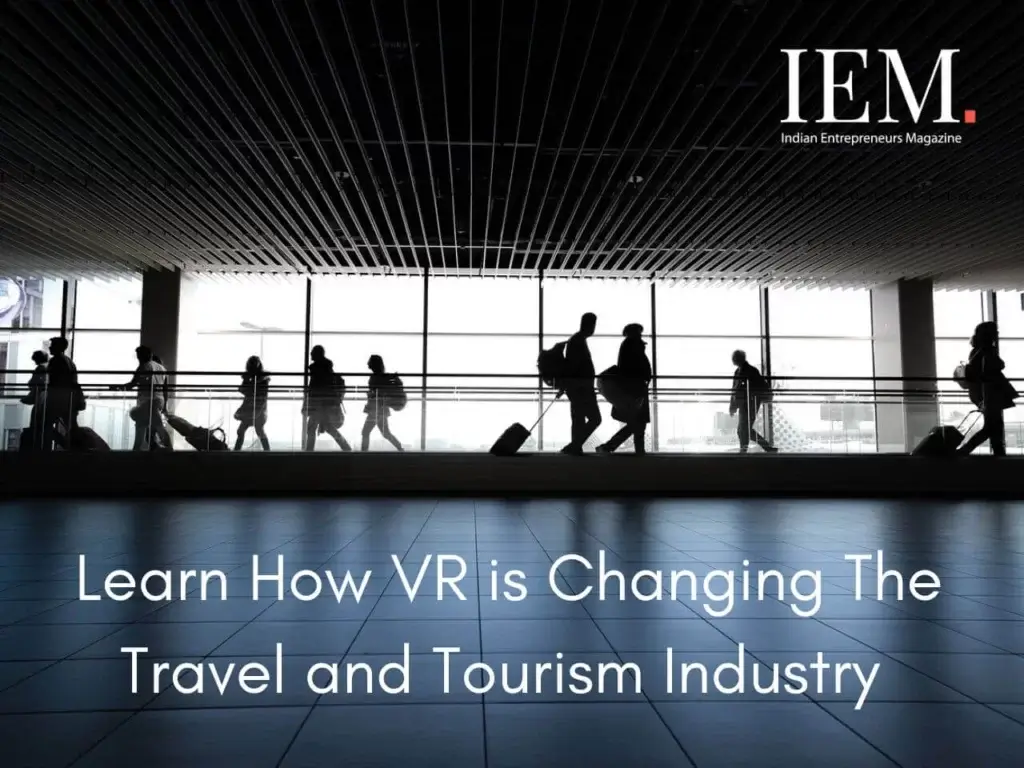In recent years, the travel and tourism industry has undergone significant changes in customer expectations and demands. One of his tools that has become much more popular due to technological advances is Virtual Reality (VR). This immersive technology offers travel and tourism companies a unique opportunity to improve their business and create unforgettable experiences for their customers. This article explores how travel and tourism companies can use virtual reality to innovate their offerings and improve customer engagement.
Immersive Destination Experiences with VR
Virtual reality allows travel and tourism companies to transport potential customers to various destinations without leaving their homes. By developing high-quality VR experiences, these companies enable customers to virtually explore breathtaking landscapes, famous landmarks, and iconic places around the world. . Whether visiting the ancient ruins of Greece or exploring the bustling markets of Marrakech, VR gives customers an immersive and interactive platform to get a feel for different travel destinations. Not only does this improve customer retention, but it can also convert potential leads into paying customers by showcasing the unique experiences and attractions of a destination.
Virtual Travel Planning
Gone are the days when customers had to rely solely on brochures and online instructions to plan their trips. Virtual reality brings a new dimension to travel planning by allowing customers to visualize itineraries and accommodations before making decisions. Travel and tourism companies can create virtual tours of hotels, resorts and cruise ships to provide customers with exactly what facilities and amenities are available. VR also allows customers to explore spaces, enjoy the scenery, and experience the atmosphere of a travel destination. As a result, travelers can make more informed decisions, gain more confidence when booking, and improve customer satisfaction.
Immersive Cultural Experiences using VR
One of the most rewarding aspects of traveling is immersing yourself in different cultures. Virtual reality opens up new possibilities for travel and tourism companies to offer unique cultural experiences. Through VR, customers can take virtual language courses, attend cooking classes, participate in traditional ceremonies and performances, and more. These immersive experiences allow travelers to gain a deeper understanding of local customs and traditions, develop cultural understanding and break down barriers. By integrating virtual reality into their services, travel and tourism companies can create memorable experiences that go beyond tourism and leave lasting impressions on their customers.
Virtual Reality Travel Guides
In the era of digital transformation, traditional travel guides have evolved into interactive virtual reality companions. Travel and tourism companies can develop VR travel guides that accompany customers on their journeys and provide real-time information, recommendations, and historical insights. The ability to overlay information directly onto the virtual environment allows travelers to easily navigate unfamiliar cities and landmarks. VR tour guides can also make personalized suggestions based on individual preferences and interests, ensuring a customized travel experience. By providing this enhanced level of advice and support, companies can improve customer service and establish themselves as trusted travel partners.
Conclusion
Virtual reality offers travel and tourism companies many opportunities to improve their business and revolutionize the way customers experience and interact with their destinations. By leveraging immersive destination experiences, virtual travel planning, cultural experiences and VR travel guides, businesses can create unforgettable moments and gain a competitive edge in their industry. For travel and tourism companies looking to grow in a rapidly changing market, the use of virtual reality technology is no longer a luxury but a necessity.

